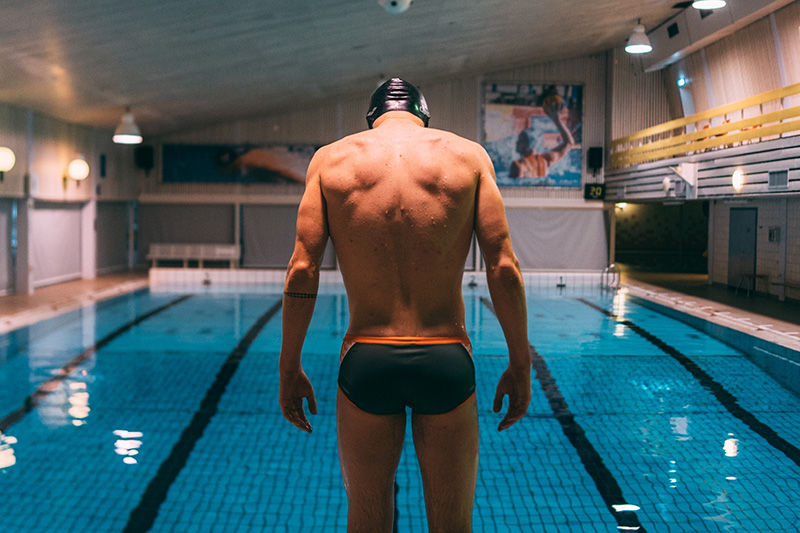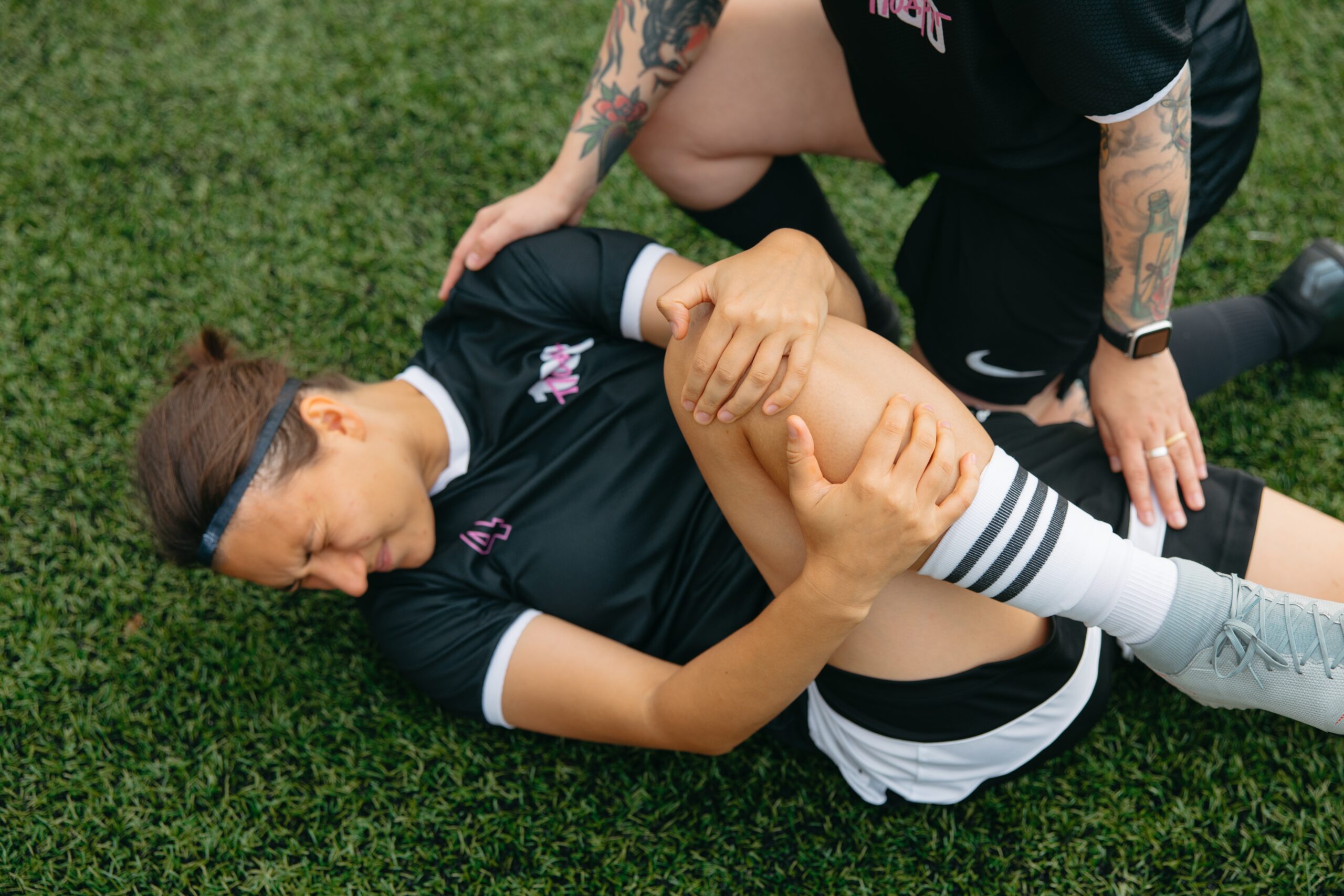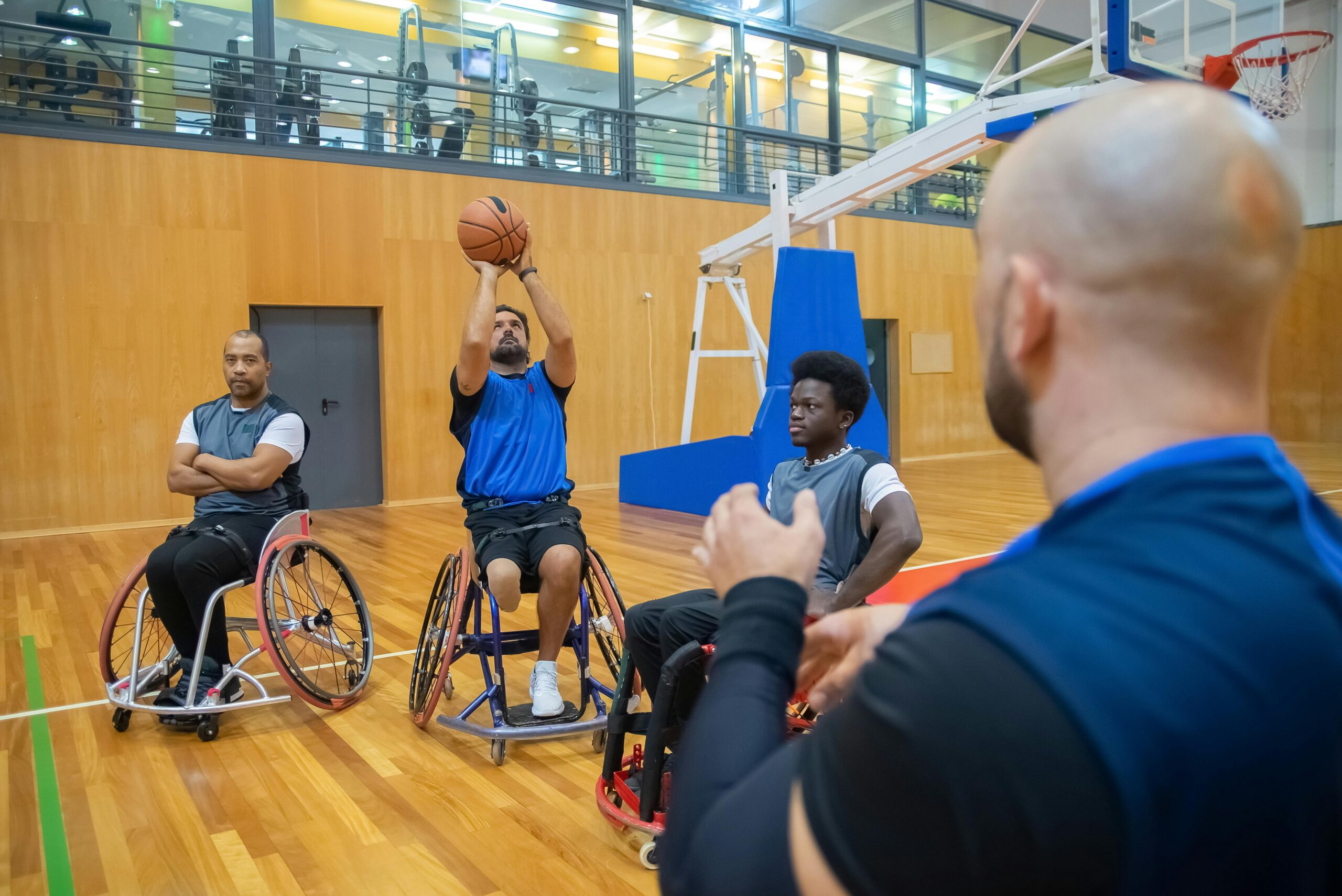Home » Organisations » Sports Organisations


“Reduce Risk. Improve Recovery. Minimise Costs.”
Pain science has evolved. Latest knowledge and psychology give new opportunities to improve athlete recovery and reduce their risk of injury, reinjury and chronic pain.
Research is clear:
- Players suffering from injury/surgery are more likely to report depression and disordered eating, and at 12 month follow-up, report greater distress and drug misuse (Pillay, et al., 2024).
- Re-injuries account for 6% of all injuries and cause absences nearly twice as long than initial injury (Palmer, et al., 2021).
- Fear of reinjury has the largest negative impact on mental health (PFA, 2024).
- No physical or medical factors reliably predict return to work: 5 psychological factors do (Edwards, et al, 2016).
- Even low-level pain can affect cognitive function, mood and fatigue, and thus performance, communication and social interaction.

Key Questions for You:
1. Are any of your athletes …
- Not recovering or responding to rehab as expected?
- Worrying about an injury or showing signs of mental health decline?
- Fearful of reinjury or in constant pain?
2. Could your coaching and medical staff be more aware of the psycho-social factors that affect injury, pain and recovery
3. Might your cultural and daily practice better account for the psycho-social causes of, and solutions, to injury and pain.
If you answered yes to any of the above, how does it affect your organisation’s performance? It’s costs?
Support Explained: How I Reduce Injury and Pain
Support provided by Dr Caroline Marlow, Chartered Practitioner Psychologist (Sport & Exercise) specialising in injury and pain.
- A range of solutions for your athletes with acute injury and chronic pain, and to assist your medical team and organisation.
- Uses the neuro-immune updated, biopsychosocial model and ‘Explain Pain’ (Butler
& Hardy, 2021). - Uses an athlete-centred approach that works to resolve athletes’ injury and pain-related concerns.
- Uses additional expertise in psychological wellbeing: PhD in cultural and personal behaviour change in an elite sport setting.
In 2024, 82% of my 1-2-1 clients had substantially less pain and improved activity, mood and quality of life in 1 to 5 sessions.
1-2-1 Injury & Pain Psych Support

- Find out more…
-
x
I am a registered mental health provider with Aviva, Axa, Freedom Health, Healix & WPA health insurance.
1-2-1 support helps athletes:
Understand:
- What’s happening inside them. How the brain-body link affects recovery and pain: Answering their questions and reducing their concerns.
- The personal factors that help or hinder their injury, pain and recovery.
Take Control. To:
- Be positive that they can better manage their recovery/pain.
- Make informed decisions of what to do to help them recover better and faster.
- Develop and adhere to their own injury/pain management and recovery plan.
With the individual’s consent, we can also co-ordinate with your key personnel and their medical professionals to provide more holistic support.
Support is available via video call or face-to-face (face-to-face fees depend on session duration and my travel time/costs from the SE England).
Got health insurance cover? Please ‘Book an Online Meeting with Caroline’ to discuss how to approach your claim.
Injury & Pain Informed Culture

- Find out more…
-
x
Our culture support follows a 3-step process of ‘Understand, Apply, Adapt’ to help you ‘Protect, Recover & Thrive’.
Step 1. Understand
Culture development should start from an informed position. As a post-doctoral researcher, I can design and conduct the research you need. E.g.,:
a) Conduct my detailed assessment. This shows how your organisation, its day-to-day practice and physical/social environment, affects; the causes of injury and pain, the support of athletes with injury and pain, and how injury and pain affect performance.
b. Answer your own injury and pain-related questions. For example:
- How can we reduce athlete injury and pain?
- Is our culture supportive of those with injury and pain?
Step 1 Outcomes
- A detailed report, a summary report or a presentation to decision makers. These include; current strengths and good practice, current concerns and ineffective practice, barriers to change, and improvement opportunities.
- Recommendations of how to address your specific injury and pain-related needs. These are guided by research and my experience of what works. Typically, most can be actioned in-house, but some might need additional specialist support.
- Overall, you having the ownership, confidence and ability to make informed decisions and to plan how best to reduce injury and pain within budget.
Step 2. Apply
With my behaviour change expertise, I can help you implement report recommendations, train your key personnel and educate your athletes.
Step 3. Adapt to Protect, Recover & Thrive
Cultural development takes time, whilst your demands can change. I can work with you to develop an integrated system of timely assessment, feedback and staff support. This enables you to make improvements, adapt to future risks and needs, and to thrive.
Over time, the required tweaks become less and smaller, and your organisation’s confidence in, and enjoyment of an injury and pain-informed culture grows.
I can help. What do you need?
From Our Info Bank (View all)
Psychology: Why It’s so Important for Recovery from Injury and Pain
People often find injury or pain difficult. Physically, every day actions become troublesome, and key parts of life are missed, e.g., going to work, seeing friends, exercising. Emotionally, this can…
UK Stats: Injury and Pain (Latest 2023)
Worth a read! Links to UK reports that highlight the incidence of injury and pain across the UK’s population and industry sectors. Click title to read. Public Health England (2017).…
How to Get Back from Injury Faster: 5 Surprising Things to Know and Do.
It may surprise you, but physical or medical factors can’t reliably predict when someone will return to work or whether they remain work-disabled. But five psychological factors, i.e., what we…

